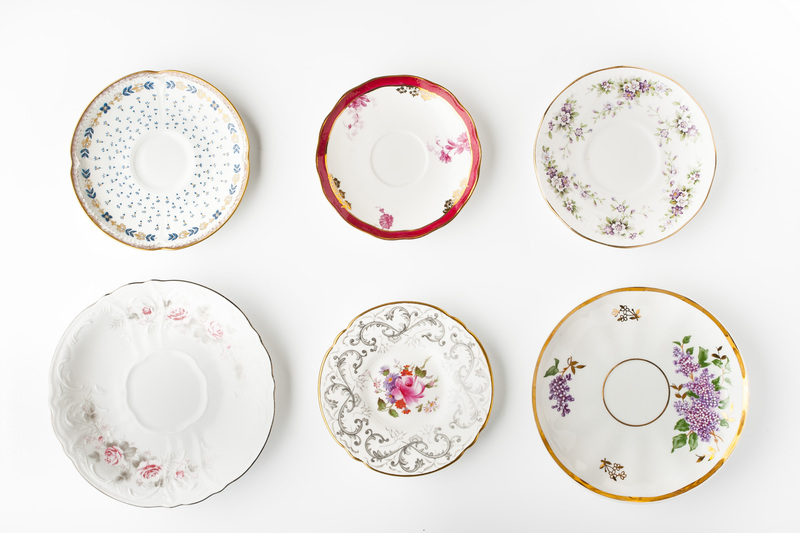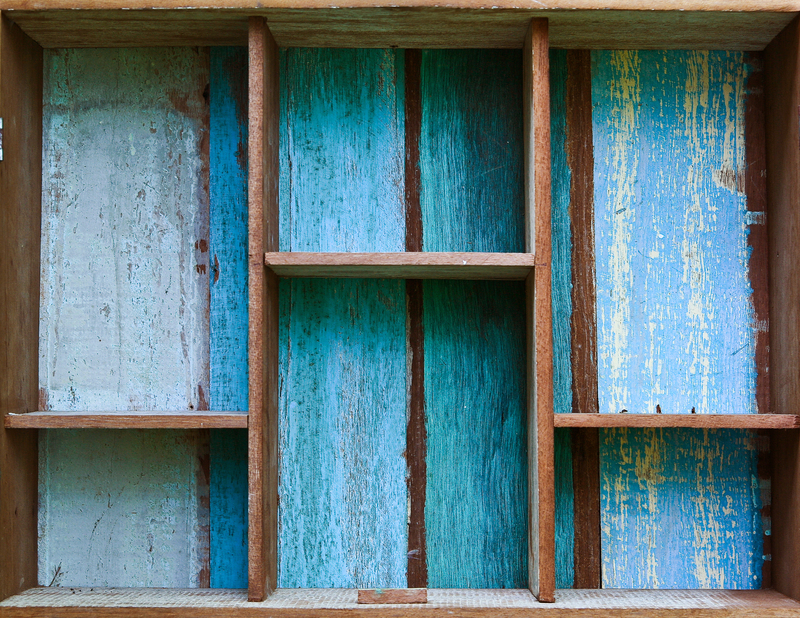Declutter Your Mind, Declutter Your Home: Hoarder Clean Up Insights
Are you struggling with too much stuff in your living space? Feeling overwhelmed and unable to enjoy your home? If so, you're not alone. Many people find their lives crammed with possessions and their minds weighed down by mental clutter--all with unintended consequences for their health and happiness. Hoarder clean up isn't just about removing junk; it's about transforming your environment and freeing your mind. This comprehensive article explores the deep connections between physical and mental clutter and offers practical, compassionate insights for restoring order.
Understanding Hoarding: More Than Just Clutter
Before we dive into hoarding clean up tips, it helps to understand what hoarding really is. Hoarding isn't just an accumulation of stuff--it's a complex psychological challenge that can drastically affect daily life.
- Hoarding Disorder: Recognized by health professionals, this condition involves difficulty discarding possessions, regardless of value.
- Effects on Life: Hoarding can cause safety hazards, strain relationships, and even impede basic home functions like cooking or sleeping.
- Mental Toll: With physical clutter often comes mental chaos--stress, anxiety, and even depression are common among hoarders.
Decluttering your mind and your home go hand in hand; tackling one can positively impact the other. Let's start with why it's so important to address both.

Why Decluttering Matters: Benefits Beyond a Clean Home
- Improved Mental Wellbeing: Clearing out physical spaces promotes feelings of peace, control, and focus.
- Healthier Living Conditions: Cleaner homes minimize dust, mold, and tripping hazards.
- More Productive Habits: With less chaos, it's easier to adopt routines that support your goals and values.
- Financial Savings: You'll spend less on unnecessary purchases and avoid costly repairs caused by clutter damage.
When you declutter your home, you're making space for new opportunities, relationships, and peace of mind.
The Link Between a Cluttered Mind and a Cluttered Home
Scientific studies suggest that messy environments trigger stress and limit your ability to focus. Often, people who struggle with hoarding also report overwhelming thoughts or chronic indecision. This cycle can keep them stuck--holding onto both physical objects and worries.
- Physical clutter can serve as a visual reminder of unfinished tasks, fueling anxiety.
- Mental clutter--such as regrets, worries, or old to-do lists--makes it harder to let go of items you don't need.
Breaking this cycle isn't easy, but it begins with mindful awareness and small, consistent actions. The good news is, by decluttering your home, you can also start to clear the fog from your mind, and vice versa.
Hoarder Clean Up Strategies: Where to Begin
1. Address Mindset Before Mess
Cleaning up a hoarded home doesn't just involve garbage bags and cleaning supplies. It starts with a shift in mindset.
- Acknowledge the Emotional Weight: Objects can hold memories--but holding on to everything means nothing truly stands out.
- Replace Guilt with Gratitude: Thank items for their service and release what no longer fits your life.
- Practice Self-Compassion: Hoarding isn't a character flaw; it's a challenge you can overcome with patience and support.
Forgive yourself for the state of your home, and focus on the positive changes ahead.
2. Make a Personalized Plan
Every hoarder clean up is unique. Factors like space size, the volume of items, and emotional attachment to objects play a role. These steps can jumpstart your journey:
- Visualize the Goal: Imagine how your ideal home looks and feels. Set intention for each area--whether it's a peaceful bedroom or a functional kitchen.
- Start Small: Focus on a single area--a drawer, a shelf, or one corner of a room. Small wins build confidence.
- Categorize Items: Use "keep," "donate," and "discard" bins. Be honest but gentle with your decisions.
If needed, enlist a trusted friend, family member, or a professional organizer who specializes in hoarder clean up.
3. Set Up Systems for Maintenance
Once you've decluttered, create routines that keep your space organized:
- One-In, One-Out Rule: For every new item that enters, let go of one to maintain balance.
- Routine Check-ins: Set monthly reminders to tidy hotspots--no more overwhelming, all-day cleanups!
- Organizers and Storage Solutions: Use transparent containers or labels to keep track of what you own.
Remember, organization is not a one-time event, but a lifestyle habit.
How to Clear Mental Clutter Alongside Physical Clutter
Physical clutter is often a reflection of internal chaos. To truly succeed at hoarder clean up, address both mental clutter and physical clutter together.
1. Practice Mindfulness
Daily mindfulness or meditation helps you observe your thoughts without judgment. When you feel yourself clinging to a particular item, pause and ask:
- What purpose does this item serve in my present life?
- Am I keeping it out of fear, guilt, or true utility?
This intentional pause helps separate emotional attachment from genuine necessity--key to decluttering success.
2. Write It Out
Journaling is a powerful decluttering tool. List your worries, regrets, and things you're afraid to let go of. Sometimes, bringing lingering thoughts to paper can break their hold over you.
3. Develop New Coping Strategies
Many people use possessions to cope with stress, sadness, or uncertainty. Finding alternative comfort sources--like talking with friends, exercise, or creative outlets--prevents a return to cluttering habits.
Professional Hoarder Clean Up: When and Why You Need Help
Severe hoarding situations can be physically and emotionally overwhelming--sometimes even dangerous. In these cases, turning to professional hoarder cleaning services is not a sign of weakness, but a brave step toward change.
- Safety First: Professionals understand how to handle sharp objects, expired foods, animal waste, and mold.
- Non-judgmental Support: They've seen every scenario and trained to respond with compassion and respect.
- Resources and Referrals: Many services work alongside therapists, doctors, and social services for holistic support.
If you feel paralyzed by the scale of the task, or if any area poses health risks, call a hoarder clean up expert for guidance.
Declutter Home, Declutter Mind: Sustainable Habits
1. Celebrate Progress, Not Perfection
Every bag donated, every cleared counter space is a victory. Focus on improvement, not flawlessness.
2. Create Daily Routines
- 10-Minute Tidy: Spend 10 minutes each evening returning items to their homes.
- Weekly Reset: Set aside time weekly to address "trouble zones."
3. Limit Incoming Clutter
Reduce temptations--unsubscribing from catalogs, avoiding impulse purchases, and choosing quality over quantity.
Hoarder Clean Up: Common Obstacles and How to Overcome Them
- Decision Fatigue: It can be exhausting to decide what to do with hundreds of items. *Solution*: Rest and return later. Pace yourself.
- Emotional Attachments: Nostalgic or "just in case" thinking can sabotage progress. *Solution*: Take photos of special items before letting them go.
- Lack of Support: Embarrassment may keep you isolated. *Solution*: Reach out to empathetic friends, online communities, or a professional service.
Remember: You are not alone on your decluttering journey.
Lifestyle After Hoarder Cleanup: Maintaining a Peaceful, Clutter-Free Mind and Space
After a successful hoarder clean up, life feels lighter and more manageable. Here's how to make your transformation last:
- Practice Gratitude: Appreciate your clean, functional spaces daily.
- Stay Connected: Share your success with others. Isolation can trigger old habits, so keep supportive communication open.
- Keep Learning: Read about minimalism, organization, and emotional wellness for ongoing motivation.

Resources for Ongoing Support
- Books: "The Life-Changing Magic of Tidying Up" by Marie Kondo, "Buried in Treasures" by David Tolin et al.
- Websites: International OCD Foundation, Anxiety and Depression Association of America, National Association of Productivity & Organizing Professionals (NAPO)
- Counseling: Therapists specializing in hoarding disorder can provide personalized strategies and coping skills.
Final Thoughts: Start Your Decluttering Journey Today
Hoarder clean up is more than discarding old possessions--it's a journey toward freedom, self-discovery, and serenity. Declutter your home, and the process will naturally help you declutter your mind, setting the stage for a richer, more intentional life.
Every step you take--no matter how small--brings you closer to the peaceful, clutter-free home and mind you deserve.
If you found these hoarder clean up insights helpful, share this article with someone who could benefit, and remember: your transformation starts with just one decision.